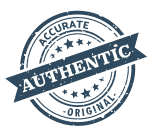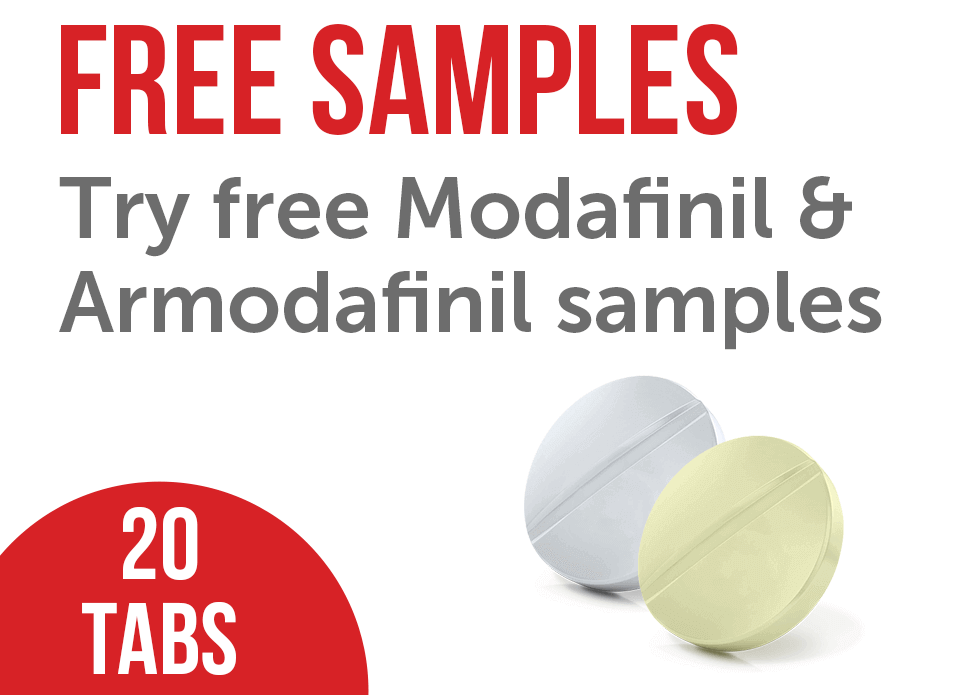We live in an era of smart drugs.
With the pressure to excel at work and university, it can be challenging to get ahead of the crowd and earn that promotion or land that dream job.
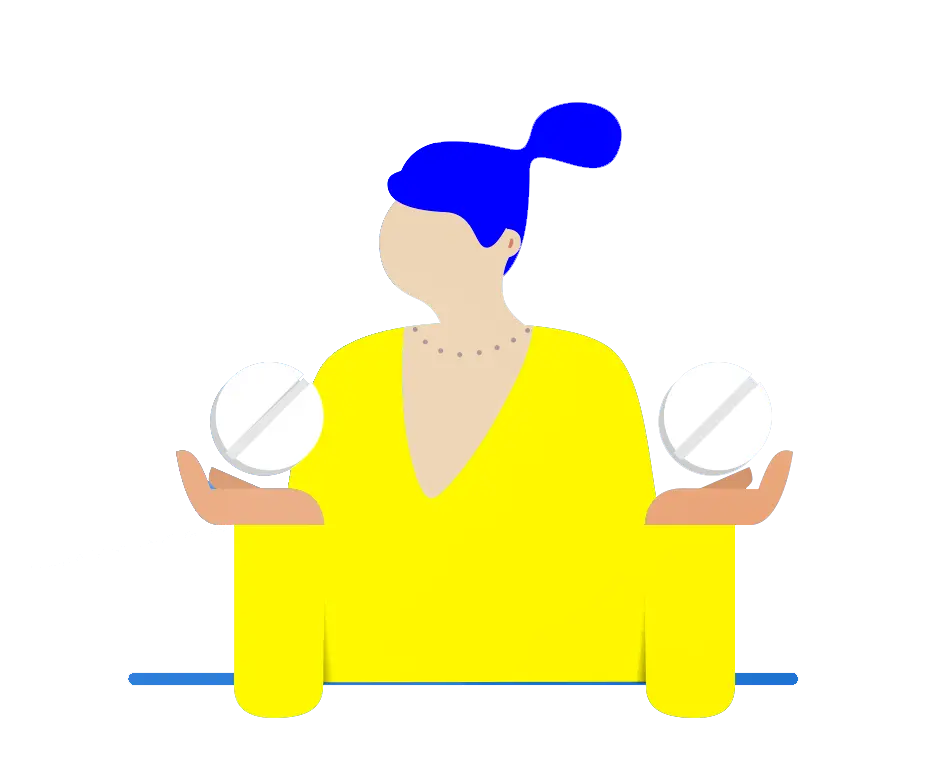
Cognitive performance-enhancing drugs like modafinil have stepped into the spotlight as tools to help us get ahead of our competition.
When purchasing these medications, you’re faced with two options;
Buy the expensive brand-name options like Provigil® or Nuvigil® —or opt for the significantly cheaper generic versions available online.
When things cost more, it often gives us the impression that it’s higher quality. However, this idea is misinformed and frankly — incorrect.
In this article, we discuss why we prefer generic modafinil to brand name despite a significant difference in price. We also talk about why the price points are so different between the two.
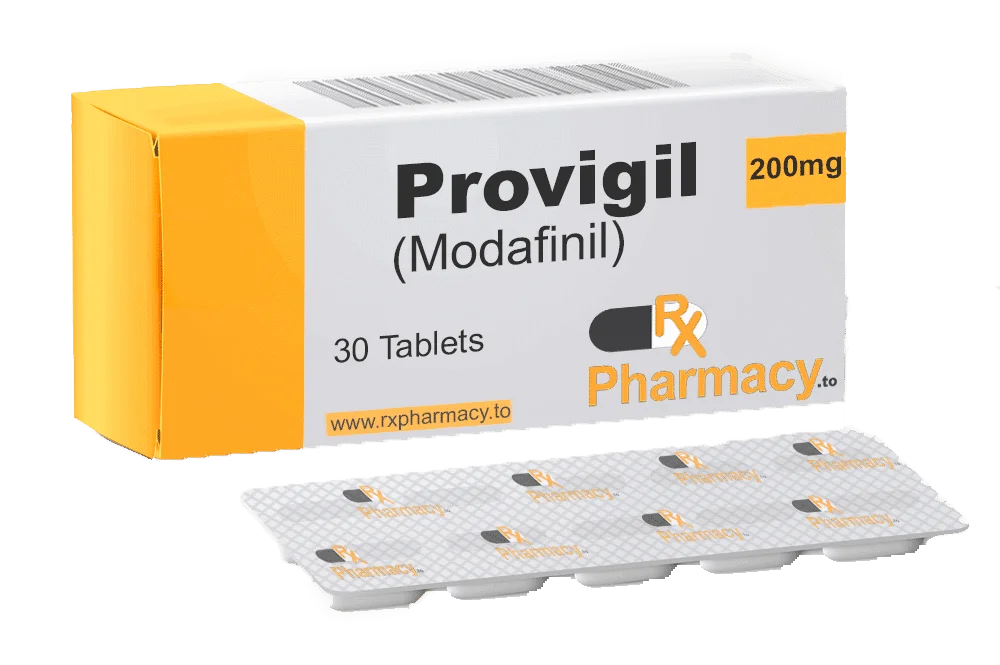
Modafinil: Study Drug of the Decade
Have you ever seen the movie Limitless?
It’s the one with Bradley Cooper where he takes a magical drug that makes him good at everything he does.
The drug in the movie doesn’t exist, but the closest real-world alternative is modafinil.
Over the past 10 or 15 years, it’s become one of the most popular prescription medications in the world among students, business executives, and entrepreneurs alike.
One study investigating trends in off-label (not prescribed) pharmaceutical use noted a 10-fold increase in modafinil use from 2002 to 2009. The same study found on-label (prescribed) use increased three-fold in the same period [1].
The trend has likely grown even further, with a large international study reporting a rise in the use of cognitive enhancement substances from 5% in 2015, to 17% in 2017.
It’s evident that smart drugs are on the rise.
Exclusive offer to all our readers: ModafinilXL offers a free sample pack of generic modafinil from India delivered by mail straight to your doorstep. It's already in your cart >>>
Modafinil is an excellent product; it really helps give me an extra boost when working two jobs; one late night job. It also helps my mood and overall well being. No side effects, works like a charm.
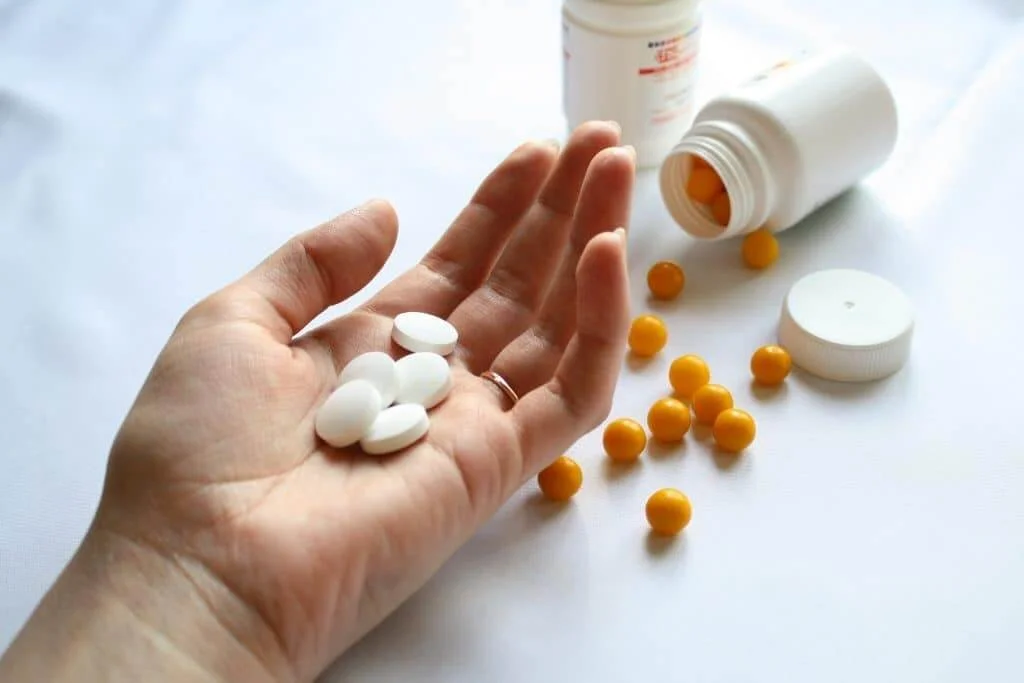
Why is Modafinil so Popular?
People are always looking for ways to be sharper and more productive.
Modafinil gives us a boost at work and university to help us get tough projects done on time, and can even help us earn the success we want more easily.
This might be through a promotion, a degree, or a raise due to the hard work and motivation boosted by modafinil.
In the past, the most common cognitive enhancement options were nutritional supplements.
These are still popular, and though a lot of them do work, they aren’t nearly as strong as the pharmaceutical powerhouses like Adderall and Ritalin.
The problem with these drugs is that they’re addictive, and have a ton of nasty side effects.
Then there’s modafinil, a new drug with similar effects to Adderall and Ritalin, but with far fewer side effects. For the first 20 years since it was invented, the manufacturer, Cephalon Inc, had the price listed way too high for anybody outside of those who needed it for a medical condition to warrant buying.
In the past couple of years, however, the patents controlling who manufactures the drug has expired.
You can now buy generic modafinil for a fraction of the cost.
You can find excellent generic modafinil for 70 cents per tablet if you know where to look.
This also makes it easy for vendors to sell modafinil online without the need for a prescription.
This has made public interest in modafinil skyrocket in recent years.
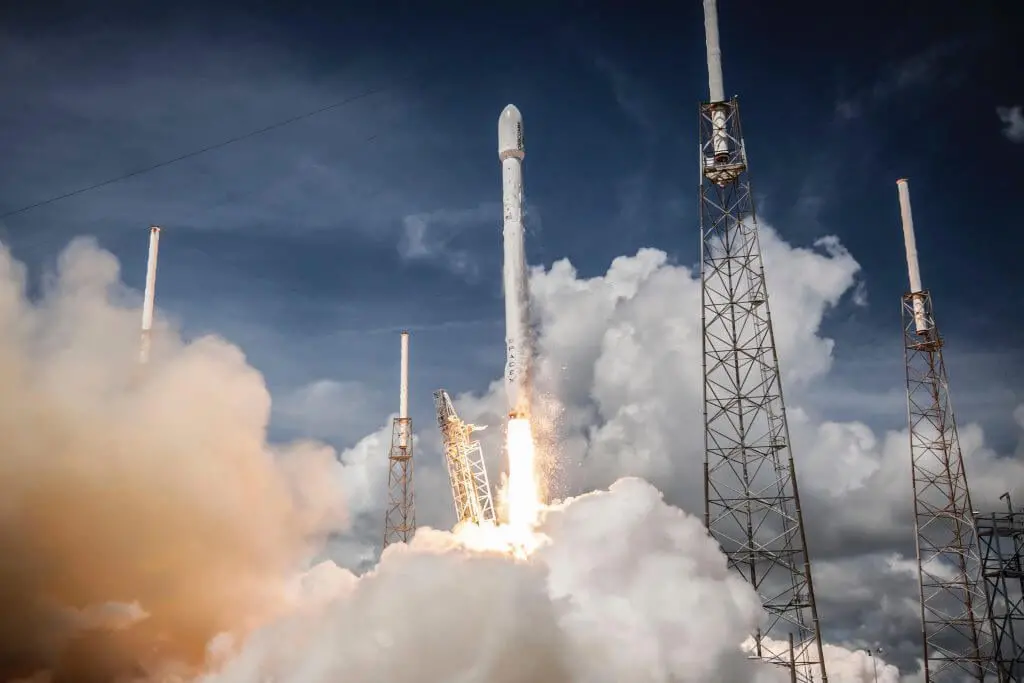
Finding Cheap Modafinil Online
Cephalon Inc no longer holds the exclusive rights to manufacture modafinil.
Companies like Sun Pharmaceuticals and HAB Pharmaceuticals have stepped up to produce generic versions of the drug.
In order to do this, they need to manufacture their tablets with the same active ingredients and doses, so their pills are virtually identical to Cephalon Inc’s Provigil® and Nuvigil®.
The only difference is in the price and how you buy the medication.
While Provigil® sells for $30-$51 per tablet, Sun Pharmaceuticals and HAB Pharmaceuticals sell their products for $0.80–$2.80 per tablet.
You can find their products online and have them shipped to your door without getting a doctors prescription.
This has made it a lot more convenient to buy and saves you a ton of money.
There are a lot of online vendors selling these medications — such as ModafinilXL.com. (Tip: use our coupon code ENJOYMXL10 during checkout to save 10% at this vendor).
For more specific information to your local area, check out our guides to buying modafinil online in Canada, The United Kingdom, Australia, Singapore, and Ireland.
- Modalert 200mg
- Modvigil 200mg
- Waklert 150mg
- Artvigil 150mg
-
Modalert 200mg
-
Company
-
Core Ingredient
Modafinil
-
Price from
$0.53 in 7 days $2.99 in 3 days >
-
Dosage
Between
50 – 200 mg per day -
Coupons
Pay with crypto -20%ENJOYMXL10 for -10%
-
Good for
-
Alertness
-
Mental Focus
-
Agility
-
Energy
-
Motivation
-
-
Effect hours
-
Onset 1 hr.
-
Peak 6 hr.
-
Drop 2 hr.
- Buy Now
-
Modvigil 200mg
-
Company
-
Core Ingredient
Modafinil
-
Price from
$0.39 in 7 days > $2.99 in 3 days >
-
Dosage
Between
50 – 200 mg per day -
Coupons
Pay with crypto -20%ENJOYMXL10 for -10%
-
Good for
-
Alertness
-
Agility
-
Energy
-
Cognition
-
Motivation
-
-
Effect hours
-
Onset 2 hr.
-
Peak 5 hr.
-
Drop 3 hr.
- Buy Now
-
Waklert 150mg
-
Company
-
Core Ingredient
Armodafinil1
-
Price from
$0.59 in 7 days > $2.99 in 3 days >
-
Dosage
Between
50 – 150 mg per day -
Coupons
Pay with crypto -20%ENJOYMXL10 for -10%
-
Good for
-
Mental Focus
-
Agility
-
Energy
-
Cognition
-
Motivation
-
-
Effect hours
-
Onset 3 hr.
-
Peak 8 hr.
-
Drop 1 hr.
- Buy Now
-
Artvigil 150mg
-
Company
-
Core Ingredient
Armodafinil
-
Price from
$0.41 in 7 days > $2.99 in 3 days >
-
Dosage
Between
50 – 150 mg per day -
Coupons
Pay with crypto -20%ENJOYMXL10 for -10%
-
Good for
-
Mental Focus
-
Agility
-
Cognition
-
Motivation
-
-
Effect hours
-
Onset 2 hr.
-
Peak 6 hr.
-
Drop 2 hr.
- Buy Now
Generic vs. Brand Name Medications
Brand name versus open source or generic products are common in every industry — from clothing to pharmaceuticals. The classification of generic or brand name really only comes down to who made the tablets.
Let’s get into the differences in more detail.
What are Generic Drugs?
A generic drug is essentially an identical copy of a brand name drug.
They have the same dosages, intended uses, and route of administration as the original drug.
Most drugs have both brand name and generic versions available.
Here are a Few Examples
| Brand Name | Generic Name | Medical Use |
| Procardia | nifedipine | Angina Medication |
| Prozac | fluoxetine | SSRI Antidepressant |
| Ventolin | albuterol | Asthma Medication |
| Yasmin | drospirenone/ethinyl estradiol | Oral Contraceptive |
When a company creates a new drug, they get a patent on it to protect their intellectual property for the next 20 years. This prevents anybody else from manufacturing their drug.
Once the patents expire, other companies can apply to manufacture the drug as a generic.
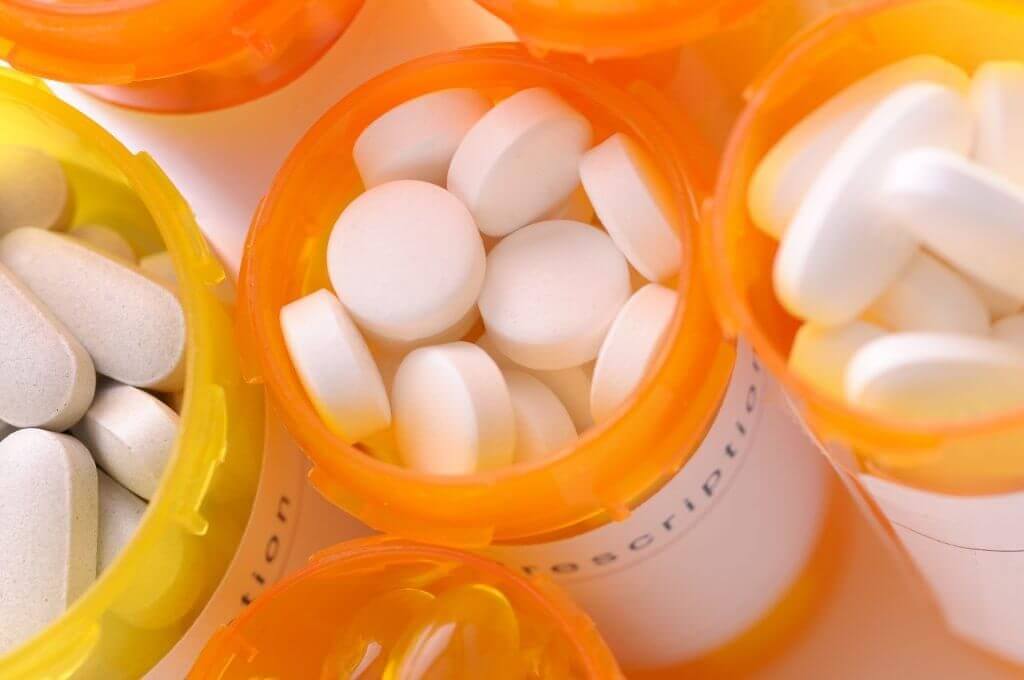
What are Brand Name Drugs?
Brand name drugs are the drugs that are discovered, developed, and marketed by pharmaceutical companies. They’re the original versions of the drug brought to fruition by the company who invented it.
These drugs are often significantly more expensive than generics, mainly because of the high cost that went into their development and initial marketing and FDA, TGA, or other governmental approvals.
Why Medications Cost so Much Money
Pharmaceutical companies are often thought of as the “bad guys.” They possess a drug that can treat a condition for which there are no other options.
This drug, let’s call it medication X, is priced at $50 per pill, costing sufferers of the disease as whopping $1500 per month. Maybe the condition it treats is a lifelong condition, making the annual treatment costs as much as $18,000.
Brutal.
The drug company selling this drug will likely get called nasty names like “greedy,” or “heartless” because it’s selling drugs to patients that need it at an extremely high price. It looks as though they’re trying to milk their sick patients for as much money as they can.
This isn’t true— in most cases that is.
What many people don’t know is that the cost it takes to develop a drug is often in the realm of a few hundred million dollars… yes, a few hundred million.
The reason it costs so much is that to sell a drug for a given condition, the manufacturer needs to prove that the drug is both safe, and effective for treating that particular condition.
That’s pretty hard to do.
Drug companies need to do a series of lab tests and assays, followed by several rounds of animal testing, and then on to phase I, II, and III clinical trials involving humans.
None of these stages are easy, and each time they start a new trial it needs to get reviewed by ethics committees, organized by specialists in the field, and thousands of human test subjects need to be screened and tested.
At any point in this process, the study findings could come back negative, pushing the research team back to the very beginning.
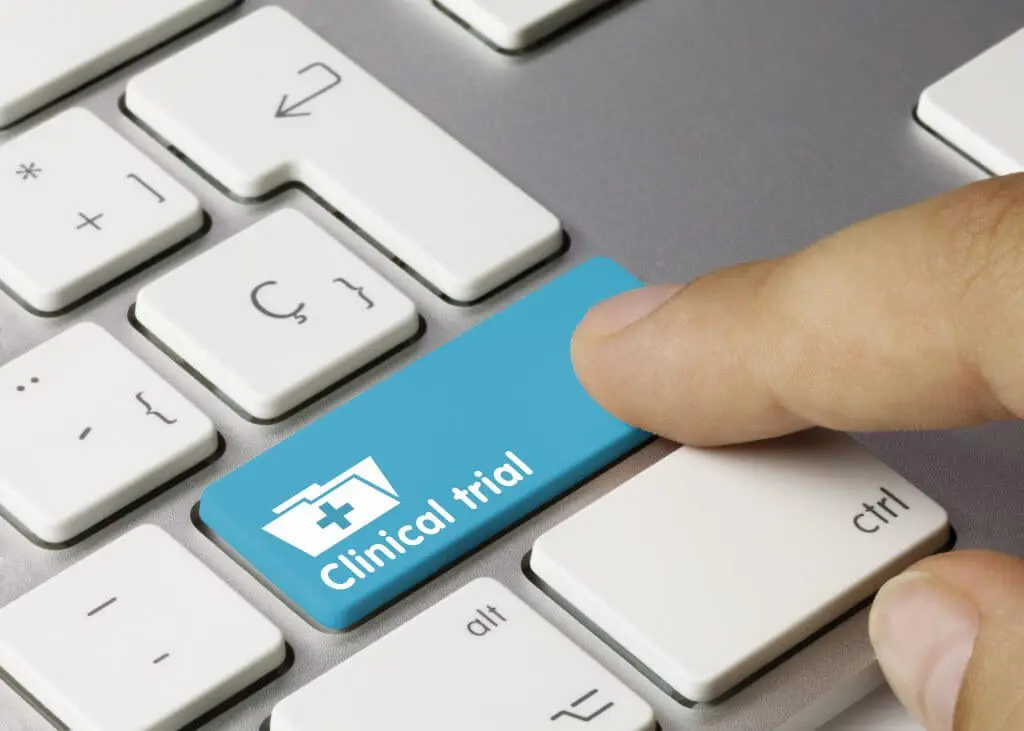
Pricing Medications After Research is Completed
Let’s say our medication X made it through the research stage. It was proven to be both safe and effective— okay, great.
Now the medication needs to get approved for sale in the target country, which can cost another couple million dollars and take several more months to complete.
By the time it’s done, the total cost sunk into development is around $500 million. It took six years to get to this point, leaving just 14 years left to make that money back and turn a profit.
Now the company needs to figure out a price they can sell the medication back and still turn a profit before generic versions enter the market.
They need to take into account the cost of development, the time left on their patents, and how many patients are likely to take the drug.
If the medication is used to treat a rare condition, there will be few patients, making the cost of the drug go up.
If the medication treats something common, they don’t need to charge as much to return a profit.
Factors the Pharmaceutical Pricing Team Considers Will Include:
- How much development cost (in our example $500 million)
- How much time is left on the patents (14 years in our case)
- How many patients they’re likely to have
- The cost of manufacturing each tablet
So using our example, we spent $500 million, and have 14 years left of selling our medication X without competition.
Let’s say the condition we’re treating is rare, only 50,000 people around the world suffer from the disease.
That would mean that if we wanted to make a profit of 2 times what we spent ($500 million x 2 = $1 billion)— we would need to make $71,428,571 per year for the remaining 14 years of our patent.
If all 50,000 patients bought the medication, this would mean the cost for each pill needs to be $1428.57.
Add $0.20 to cover the cost of each pill, and we get $1428.77 per tablet.
That’s a lot of money for a pill!
But this is the only way to remain profitable, especially if treating rare conditions.
Is it better to avoid researching rare conditions at all? Or is it ethical to charge accordingly so that these companies can keep turning a profit and funding new research?
I’ll leave that up to you.
Now, consider how this would change if the condition we were treating was more common— let’s say 50 million people around the world were likely to use the medication.
This makes the profitable cost of the pill closer to $1.40 + $0.20 for the cost of the tablet for a total of $1.60.
You can see how the number of patients can dramatically change the cost of the drug, and how much of a drugs price is correlated with its development costs.
How This Applies to Modafinil
When Cephalon Inc released Provigil®, they were approved to sell the drug specifically for conditions characterized as “excessive sleepiness.”
One study suggests that his conditions affect about 18% of the population [1].
Cephalon Inc did their own calculations using information like this to determine how many people were likely to be prescribed this medication (based on location, access to money to pay for the drugs, etc.) and they came back with a price point of $30-51 (varies by location).
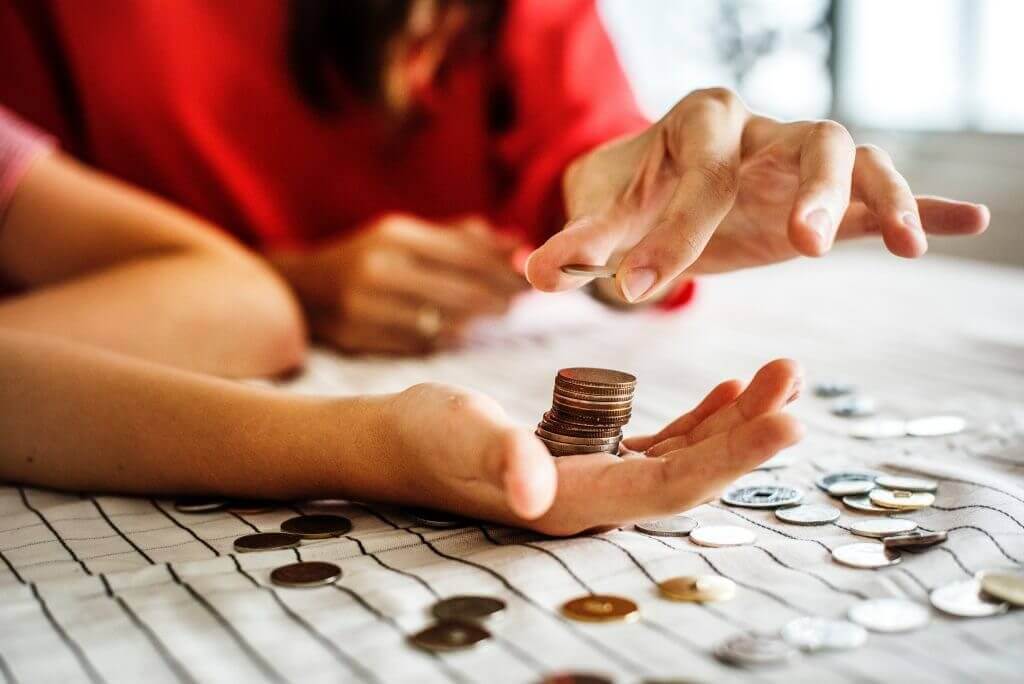
Enter Generic Medications
As soon as the patents wear out on new pharmaceuticals, other companies get the chance to make their own version.
The idea is that the inventor of the drug should be allowed exclusive rights for enough time to make their money back, and then some, (usually 20 years)—but eventually it should become open source so that there isn’t a monopoly on the medication forever.
This is where generics come in.
Let me explain.
Companies that want to manufacture a drug from an expired patent has to pay for the application to produce them (called an Abbreviated New Drug Application), but they don’t need to pay for all the development and clinical trial costs because they’ve already been done.
This saves hundreds of millions of dollars.
As a result, they don’t have nearly the same level of investment in the drug and can charge significantly less and still turn a profit.
Generic Medication Quality
To get approved to make a generic drug, the company must manufacture the same dose and active ingredient to the brand name product they are copying.
This is because any difference in dose of active compound will require more clinical trials and expensive studies to prove that it has the same or better effect profile and safety.
They’re also subject to the same quality assurance laws as any other pharmaceutical production facility.
This is why generic medications, although much cheaper, are virtually identical to their expensive brand-name counterparts.
List of Generic Modafinil Products
- Alertec
- Alertex
- Carim
- Mentix
- Modalert
- Modapro
- Modasomil
- Modawake
- Modiodal
- Modvigil
- Provake
- Resotyl
- Stavigile
- Vigia
- Vigicer
- Vigil
- Zalux
How do Generic Drugs Compare to Brand Name Drugs?
Generic drugs are virtually identical to brand-name drugs— they have to be.
For a company to make a generic drug, they’re required to follow the same active ingredients, intended uses, safety information, and route of administration as the original.
If a company wants to make a generic drug in a different dose, they would need to go through the expensive clinical trials all over again to prove the drug is safe and effective for what they claim it can treat.
The FDA, TGA, and other government regulatory agencies treat generic and brand name drug manufacturers the same way.
The quality for both needs to remain high for them to avoid any problems with the law.
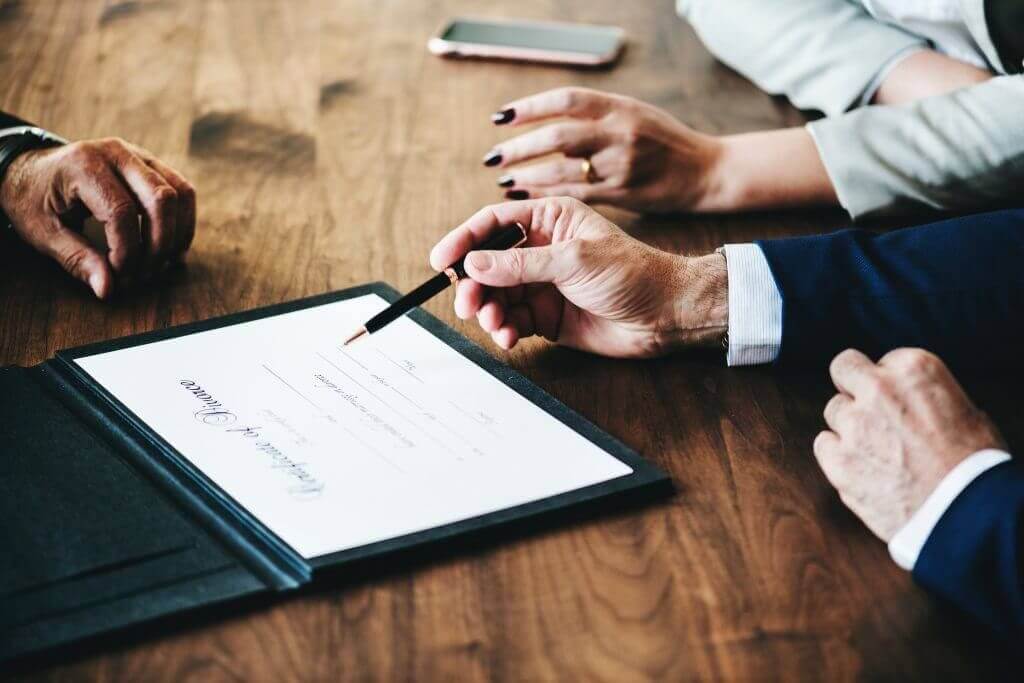
Why I Prefer Generic Modafinil
Since generic drugs are the same thing, produced in high-quality labs, but cost a fraction of the price of a brand-name drug, I much prefer the generics.
Why pay $50 for something when you can pay $1 for the same thing somewhere else?
It’s a no-brainer.
It’s important that the companies that spend the time and money developing the drugs get a chance to make their money back for a few years through patent laws. However, it’s also important that eventually, the drug becomes open-source so that other manufacturers can step in and prevent a monopoly.
When this happens, I always choose the generic version because I know that it’s going to be the exact same thing as the expensive branded options— for only a fraction of the price
-
Good for
Wakefulness, cognitive enhancement, mood enhancement, alertness
-
Dosage
Between
50 – 200 mg per day -
Coupons
Pay with crypto -20%ENJOYMXL10 for -10%
-
Onpeak
-
Onset 1 hr.
-
Peak 6 hr.
-
Drop 2 hr.
References
- Slater, G., & Steier, J. (2012). Excessive daytime sleepiness in sleep disorders. Journal of thoracic disease, 4(6), 608.
- Volkow, N. D., Fowler, J. S., Logan, J., Alexoff, D., Zhu, W., Telang, F., … & Hubbard, B. (2009). Effects of modafinil on dopamine and dopamine transporters in the male human brain: clinical implications. Jama, 301(11), 1148-1154.
- Davis, J. F., Choi, D. L., & Benoit, S. C. (2011). Orexigenic hypothalamic peptides behavior and feeding. In Handbook of behavior, food and nutrition (pp. 355-369). Springer, New York, NY.



